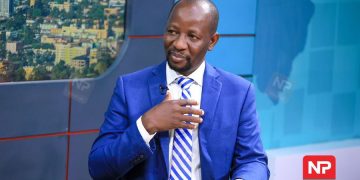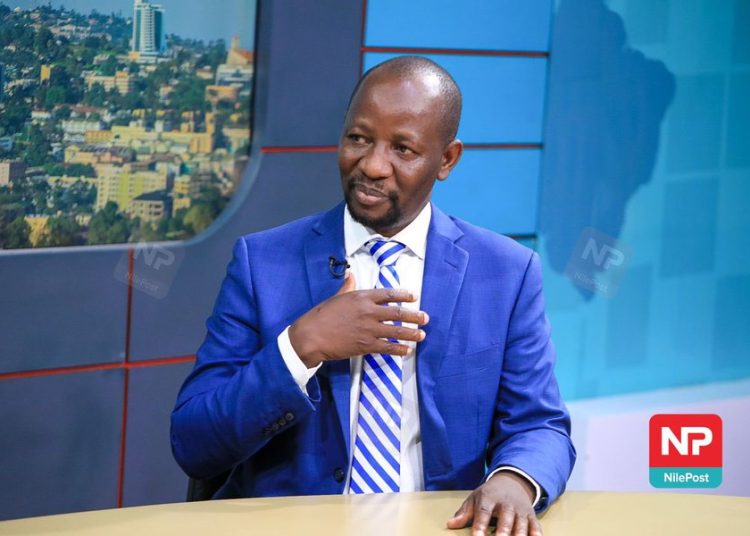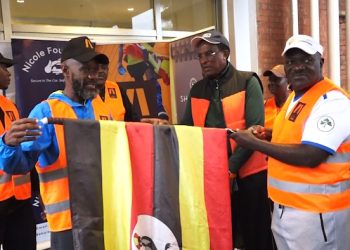As Uganda prepares for the State of Ugandan Sport Symposium, scheduled for the 17th and 18th of next month at Next Media Park, seasoned legislator and sports advocate Ibrahim Ssemujju Nganda has called for a radical shift in the way sports are perceived and managed in the country.
Speaking ahead of the high-level dialogue, Ssemujju emphasized that Uganda must begin to treat sports as a vital sector of the economy, not merely as a form of entertainment.
“Many countries are making a lot of money out of sports. This is what we should aspire towards,” he said.
The former journalist and current Member of Parliament for Kira Municipality also pointed to the declining role of schools in nurturing sports talent.
Recalling his own school days, Ssemujju noted that many of his peers who went on to play for the national team were identified through robust school competitions. He lamented the lack of such structures today, save for a few institutions like St. Mary’s Kitende.
“Today, apart from Kitende, I’m not aware of any school engaged in sports at that level,” he said. “The Jackson Mayanjas and many others came from schools football. We need to develop the infrastructure and help schools have a calendar that is known through which we can identify talent.”
Ssemujju also weighed in on the allocation of the national sports budget, noting that while funds are channeled through the National Council of Sports, political dynamics heavily influence distribution.
“Football has a voice in Parliament because the FUFA President is an MP and the Speaker is his wife. They do not lobby like some people outside Parliament,” he noted.
He urged the broader sports fraternity to become more politically active and strategically lobby lawmakers to secure greater funding and recognition for all disciplines.
“The MPs who enjoy and understand sports are not many. The sports fraternity should continue lobbying MPs to make them understand the sector,” Ssemujju said. “I don’t think the people in finance understand sports and they are the ones who start the budgeting process.”
Looking ahead, he expressed concern that the current pre-AFCON momentum and infrastructure spending may not translate into long-term budget support for sports development.
“I fear that after AFCON 2027, the sports budget will return to being small because most of the money now is going into infrastructure.”
Ssemujju’s comments add to a growing list of voices advocating for structural and financial reforms in the Ugandan sports landscape.
His remarks are expected to shape conversations at the upcoming symposium, which will be broadcast live on NBS Sport, Uganda’s only 24-hour sports television channel.





























